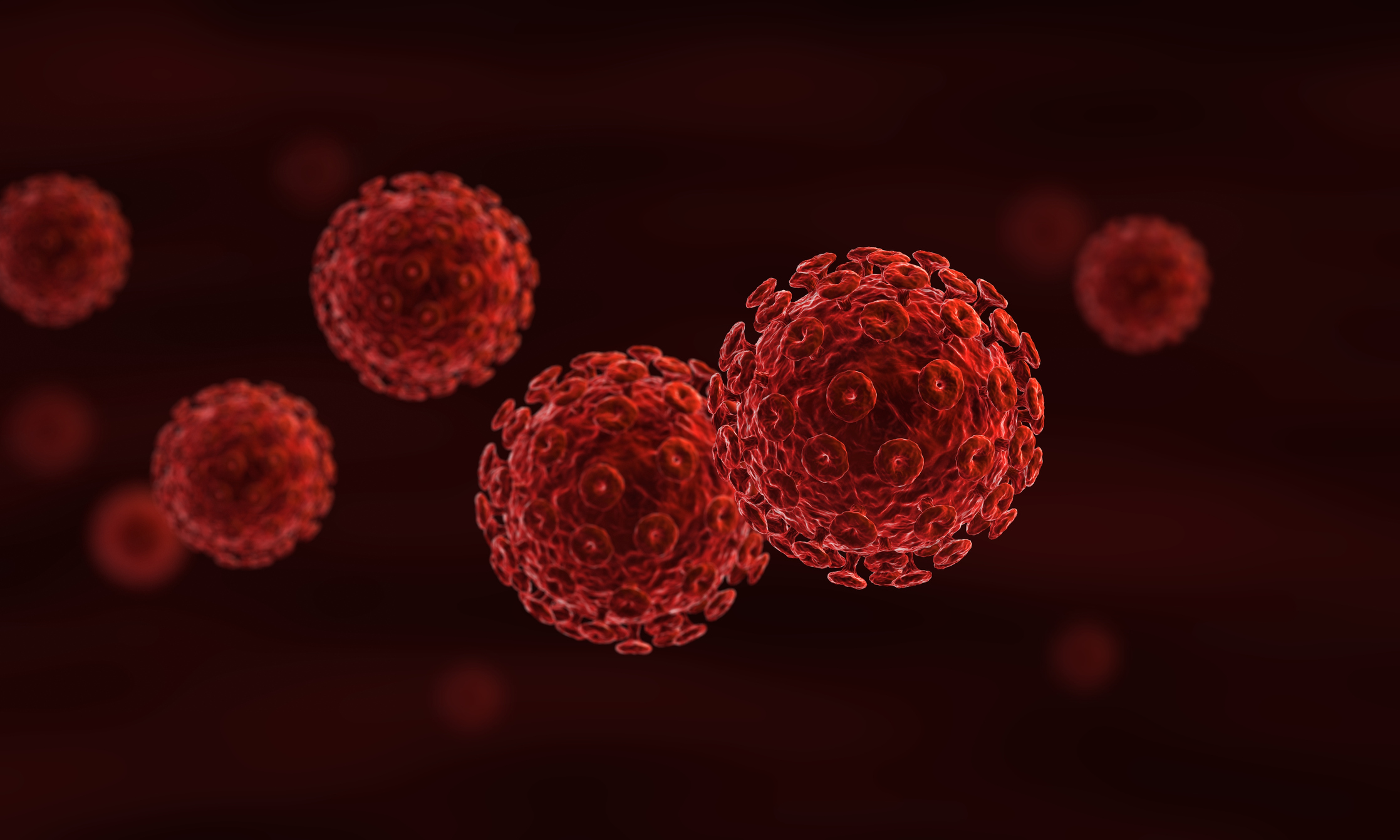Human papillomavirus (HPV) infection is the primary cause of cervical cancer. In 2018, the World Health Organization (WHO) Director General announced his commitment to eliminate cervical cancer, with HPV vaccination as a priority. However, the costs of setting up a multi-dose HPV vaccination programme remain a barrier to its introduction.
We are conducting a randomised-controlled trial of reduced dose schedules of HPV vaccine in Tanzania to establish whether a single dose produces immune responses that will be effective in preventing cervical cancer. 930 girls aged 9-14 years in Mwanza, Tanzania, were randomised to one of 6 arms, comprising 3 different dose schedules of the 2-valent (Cervarix) and 9-valent (Gardasil-9) HPV vaccines: 3 doses; 2 doses given 6 months apart; or a single dose. All participants will be followed for 36 months; those in the 1 and 2 dose arms will be followed for 60 months. Trial outcomes focus on vaccine immune responses including HPV 16/18-specific antibody levels, antibody avidity, and memory B cell responses. Results will be immunobridged to historical cohorts of girls and young women in whom efficacy has been demonstrated.
This is the first randomised trial of the single dose HPV vaccine schedule in the target age group. The trial will allow us to examine the quality and durability of immune responses of reduced dose schedules in a population with high burden of malaria and other infections that may affect vaccine immune responses. Initial results (24 months) are expected to be published in early 2021.
Copyright © 2019. Published by Elsevier Inc.
A dose-reduction HPV vaccine immunobridging trial of two HPV vaccines among adolescent girls in Tanzania (the DoRIS trial) – Study protocol for a randomised controlled trial.


